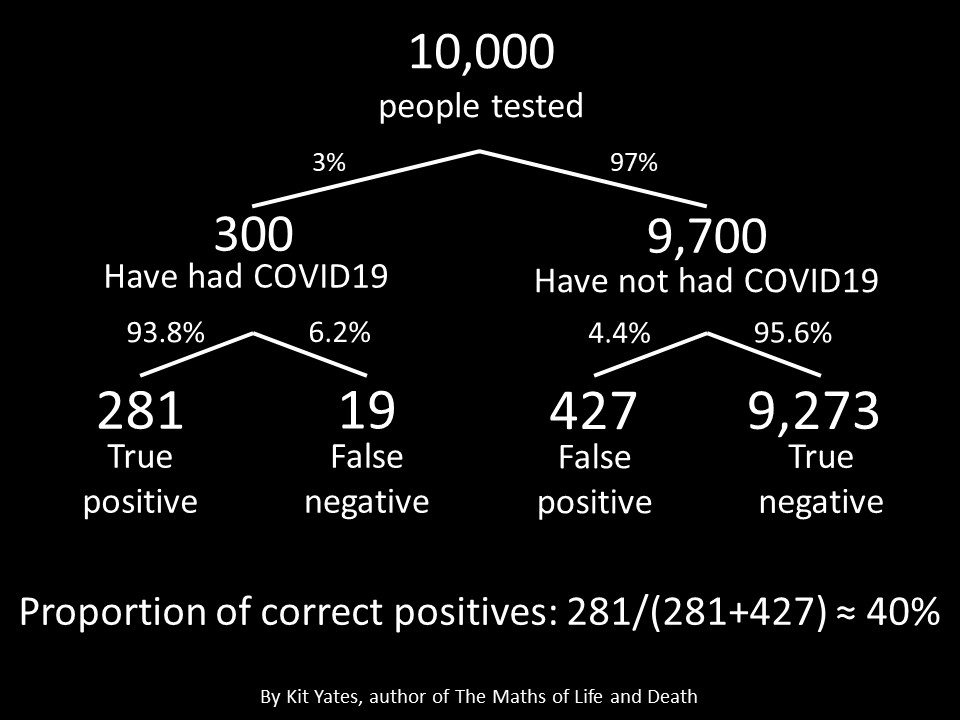
Our letter in the Lancet today - outlines key recommendations for a sustainable COVID-19 strategy within the UK.
thelancet.com/journals/lance…
Thanks to @dgurdasani1 for pulling this all together.
thelancet.com/journals/lance…
Thanks to @dgurdasani1 for pulling this all together.

In the UK we are currently in the middle of the second wave of the epidemic with cases over 20K per day and deaths averaging over 300 per day.
We are undergoing a second lockdown which is indicative of a failure of public health strategy.
We are undergoing a second lockdown which is indicative of a failure of public health strategy.
We need to use the time bought by this lockdown wisely in order to prevent ourselves from being in the same situation in a few months time.
Here are our recommendations:
1. Urgently reform the find, test, trace, isolate and support system.
Here are our recommendations:
1. Urgently reform the find, test, trace, isolate and support system.
2. We need to ensure the NHS is not overwhelmed so it's able to provide care for all patients. Reducing COVID-19 transmission is key. NHS staff need protection and support and the NHS itself requires more funding requires more funding after a decade of underfunding.
3. Education: Controlling transmission in the community and in schools is of vital importance in order to allow schools to remain open. Schools need clear guidance and support on how to make themselves safe - through better ventilation and face coverings.
If blended/remote learning is needed, the government must ensure appropriate remote learning equipment is available to all children, and support families with this.
Universities should move to online modes of delivery wherever possible.
Universities should move to online modes of delivery wherever possible.
4. We need to provide support packages for those who are most impacted, and for those who are vulnerable, including support for ethnic minorities. We advocate specific support for women and children including child benefits, free school meals, domestic violence support services.
5. Guidance, and safety regulations for workplaces, and support to employers to put these in place. Workplaces will need to meet the required safety standards to remain open - to protect all employees.
6. We need coordination across Europe, and within the UK - on travel restrictions, data sharing, contact tracing app compatibility, developing and procuring rapid tests, procuring medical kits, procuring vaccines, and developing fair allocation protocols for vaccines.
7. We need clear, honest, & consistent public messaging- treating the public as equals, & avoiding blame. The Government should stop treating the 'economy' and controlling COVID-19 as a dichotomy- it is not. The aims of protecting health, economy, and education are all tied. END
• • •
Missing some Tweet in this thread? You can try to
force a refresh









